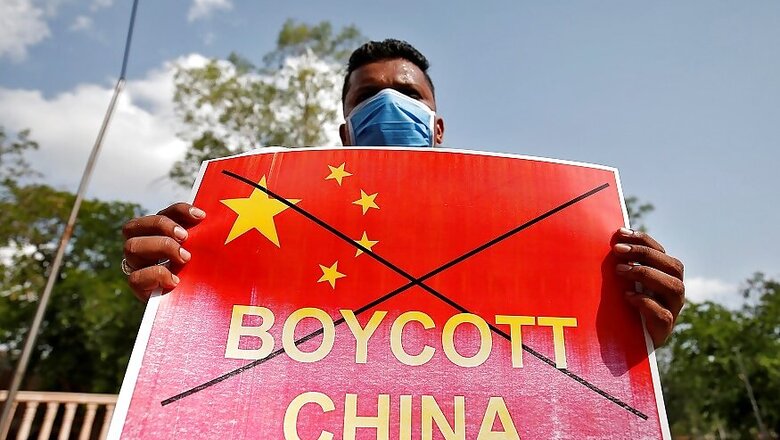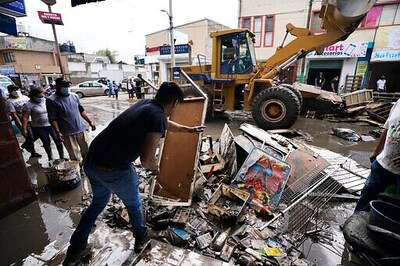
views
For almost a month now, shipments of active pharmaceutical ingredients (APIs) and medical devices are lying in bulk at ports across the country. While some clearances have happened after pressure from the industry, sources say that consignments are still pending and building on penalties or demurrage. At least 50% are awaiting the clearances. The problem is a direct fallout of the tensions between India and China and New Delhi tightening the rules concerning the inspections. Industry sources say the customs department, under the finance ministry, has toughened the inspections of consignments coming from China.
News18 had reported on July 4 that crucial medical devices for Covid-19, like pulse oximeters, glucometers, strips, infrared thermometers, etc, were at ports awaiting clearances. The increase in prices of heparin, an essential blood thinner for Covid-19, by more than 50%, is an outcome of this delay in clearance. The prices of other medical devices are up by 10%.
Some amount of clearances has happened but at a heavy cost. Pharmaceutical companies like Mankind Pharma are having to cough up heavy demurrage. Arjun Juneja, MD of Mankind, told News18 that the government must intervene and ensure that penalties are adjusted. "We are an essential commodity industry, we should not be burdened. We hope the government is going to compensate us for the demurrage the industry has paid," Juneja says, adding that his company has paid demurrage up to 50 lakh rupees.
"We realised that all Chinese-origin consignments were going in for 100 per cent inspections and that is why the delay. Other consignments from Europe and Taiwan were also stuck because of this backlog. On July 4, some clearances happened. In the process there has been substantial demurrage at 22 rupees per kilo. Companies have ended up paying more than 2 lakh rupees per day," says Dinesh Dua, chairman, Pharmexcil.
"Our appeal is that this amount of the excess demurrage must be refunded."
Industry sources say up to 2 crore rupees has been paid in demurrage. For those not stocking the inventory, brace for more shortages in drugs and also increase in prices in the days and weeks to come.
This is the time to reduce import dependence, say officials from the Pharmaceutical Export Promotion Council, which is the authorised agency of the government of India for promotion of pharmaceutical exports from India.
"Heavy dependence on any country is not at all desirable and at the same time it’s a fact that every country has to depend on someone’s expertise. It is a peculiar situation," says Ravi Uday Bhaskar, director general of Pharmexcil.
"Whether we like it or not, China is a global leader in chemical/drug intermediates/KSMs and APIs and most of the countries are dependent on them. We should start with a strategy to reduce import dependence. Overdependence will have a serious impact on our healthcare system as we are importing 60% of APIs from China. We are exporting nearly 50% of our total pharma $41 billion," he says.

















Comments
0 comment